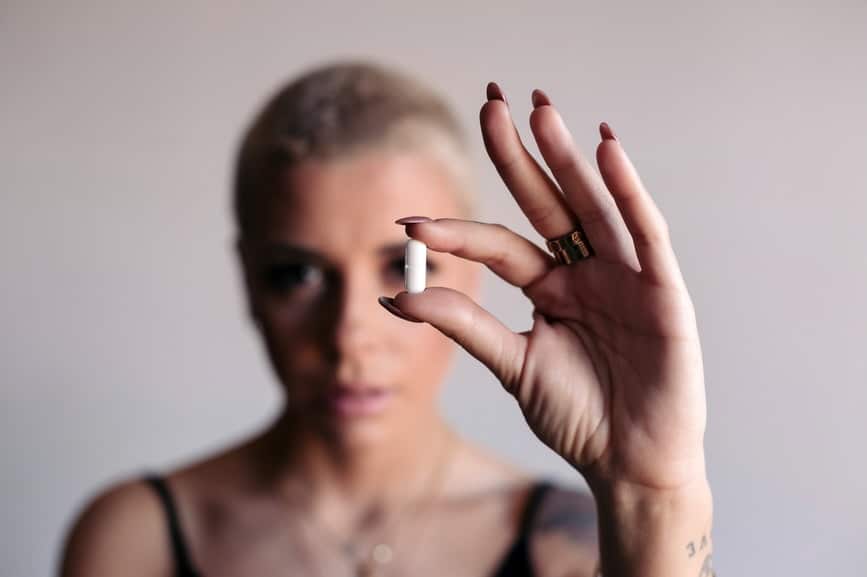In recent years, diet and nutrition seem to have taken center stage on many social media platforms.
From new supplements and diets to cleanses, recipes, workout routines, and “what I eat in a day” videos, there’s more focus on food, health, and nutrition than ever before.
However, much of this content seems to come from individuals who may not be completely qualified to dole out nutrition advice, including celebrities and online influencers.
One study analyzed about 1.2 million tweets over a 16-month period and found that discourse on diet and nutrition was largely dominated by non-health professionals.
Another study presented at the European Congress on Obesity found that only one of the nine most popular weight loss influencers in the United Kingdom provided trustworthy, credible nutrition advice.
In fact, content from many popular creators tends to glamorize eating disorders, dangerous diets, and other unhealthy habits such as extended fasting, taking questionable supplements, or adopting extreme workout regimens in order to lose weight quickly for an event.
Instead of trusting social media influencers who promote supplements or weight loss products, it’s best to get your nutrition advice straight from professionals with education, experience, and training.
For example, registered dietitians must earn a bachelor’s degree from an accredited institution, complete a dietetic internship or coordinated program with supervised nutrition practice, and pass a written exam.
On the other hand, formal training is not required for nutritionists in many states, meaning that anyone can use this title, regardless of their experience or education.
Besides registered dietitians, physicians are also a valuable source of credible health advice, while certified personal trainers can provide more detailed information on fitness and exercise.
Source: Healthline







